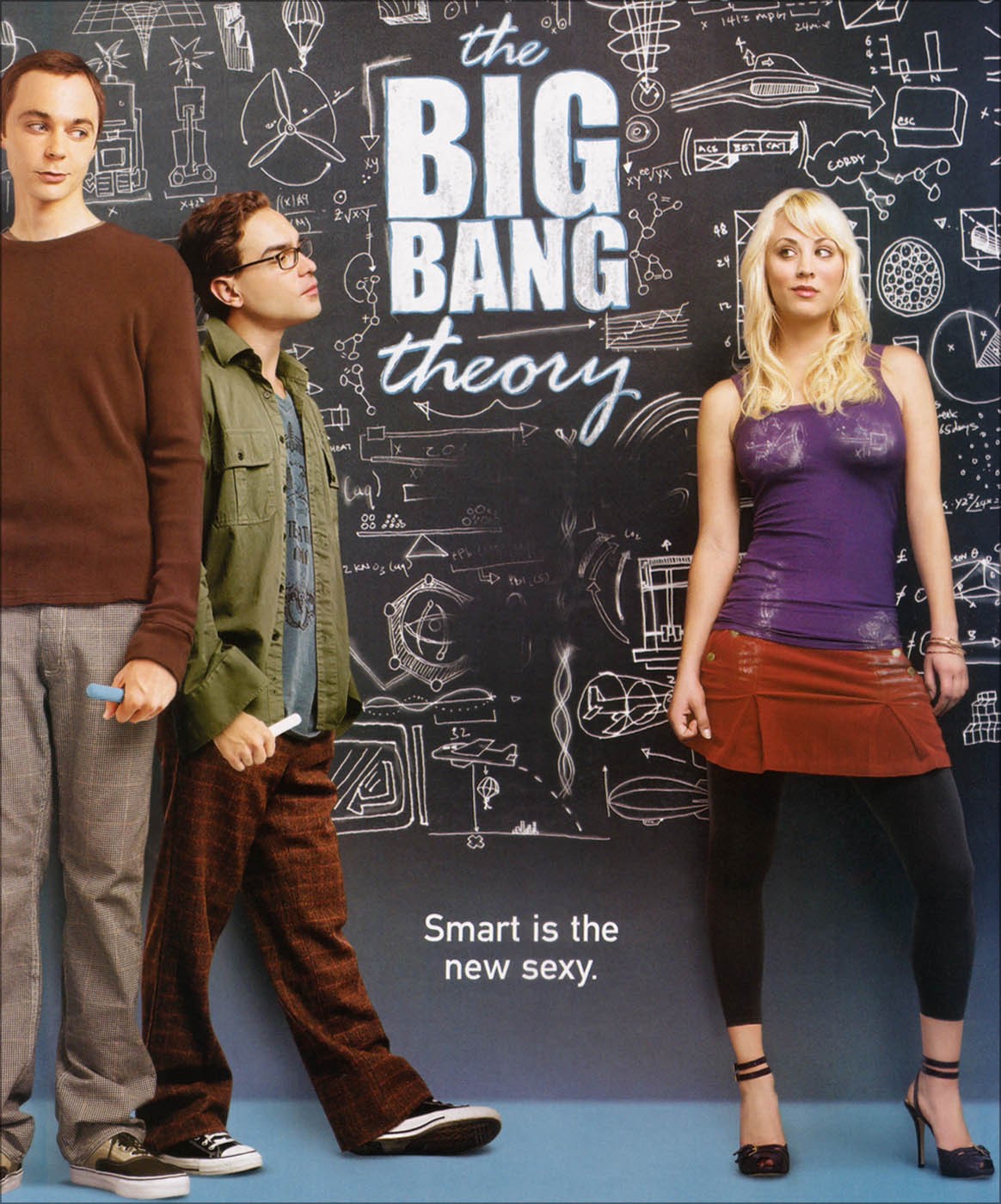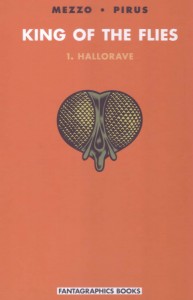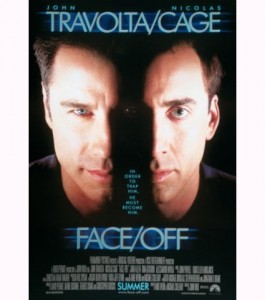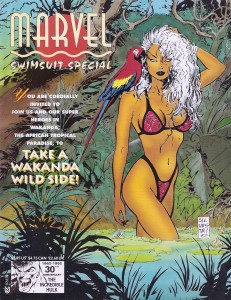On HU
I wrote about films and self-reflexivity in Tarkovsky’s Solaris
James Romberger discussed the beginnings of his love for Alex toth and Jack Kirby.
Richard Cook looked at the gay hijinks in the 1992 Marvel Swimsuit Special.
Jason Michelitch discussed Face/Off, The Death of Superman, and the pointless inevitability of hero fiction.
Ng Suat Tong reviewed Mezzo and Pirus’ King of the Flies.
I try to remember a panel from Peanuts.
I talk about class in the Big Bang Theory.
Utilitarians Everywhere
At the Metabunker, Matthias Wivel happily anticipates the Fantagraphics edition of Carl Barks.
At Comixology, I compare the Iron Man movie and Bataille’s poetry.
In another poem Bataille declares, “I fill the sky with my presence.” And that does seem to be the point for ecstatic modernity, whether pop dreck or snooty highbrow philosophizing. Presumably it’s Nietzsche’s fault that God is dead and all we’re left with is the will to power of arms traders and self-proclaimed radicals. Or maybe Jung’s right and it’s just a mythopoetical heroic something — though it seems telling that we’ve only recently decided that we require one hysterically hyperbolic hero with a thousand faces rather than making do with all the dinky little heroes with one face each.
At Splice Today I tell Matt Yglesias not to bore the children.
Far from having a job in which discipline is necessary, Yglesias has one of the least disciplined jobs one could imagine. If being bored in school had any effect on him, it was not to instill an ability to focus on trivial, mindless tasks. Instead, it’s apparently convinced him to have nothing whatsoever to do with those tasks. He’s not going to spell. He’s not going to write about only economics and policy. He’s not going to work at a job he doesn’t want to. Such drudgery is for those school kids who need to be trained for lives of data entry and/or stupid paperwork. Matt Yglesias? He’s going to pat those little suckers on the head and go off and write a post about the Washington Wizerdds.
Other Links
I may have made fun of Matt Yglesias this week, but his diss of Sarah Palin is really funny.
And Jonathan Scalzi’s made me laugh too. She’s a good punchline, damn it.
Shaenon Garrity’s essay on Sandman is great.




